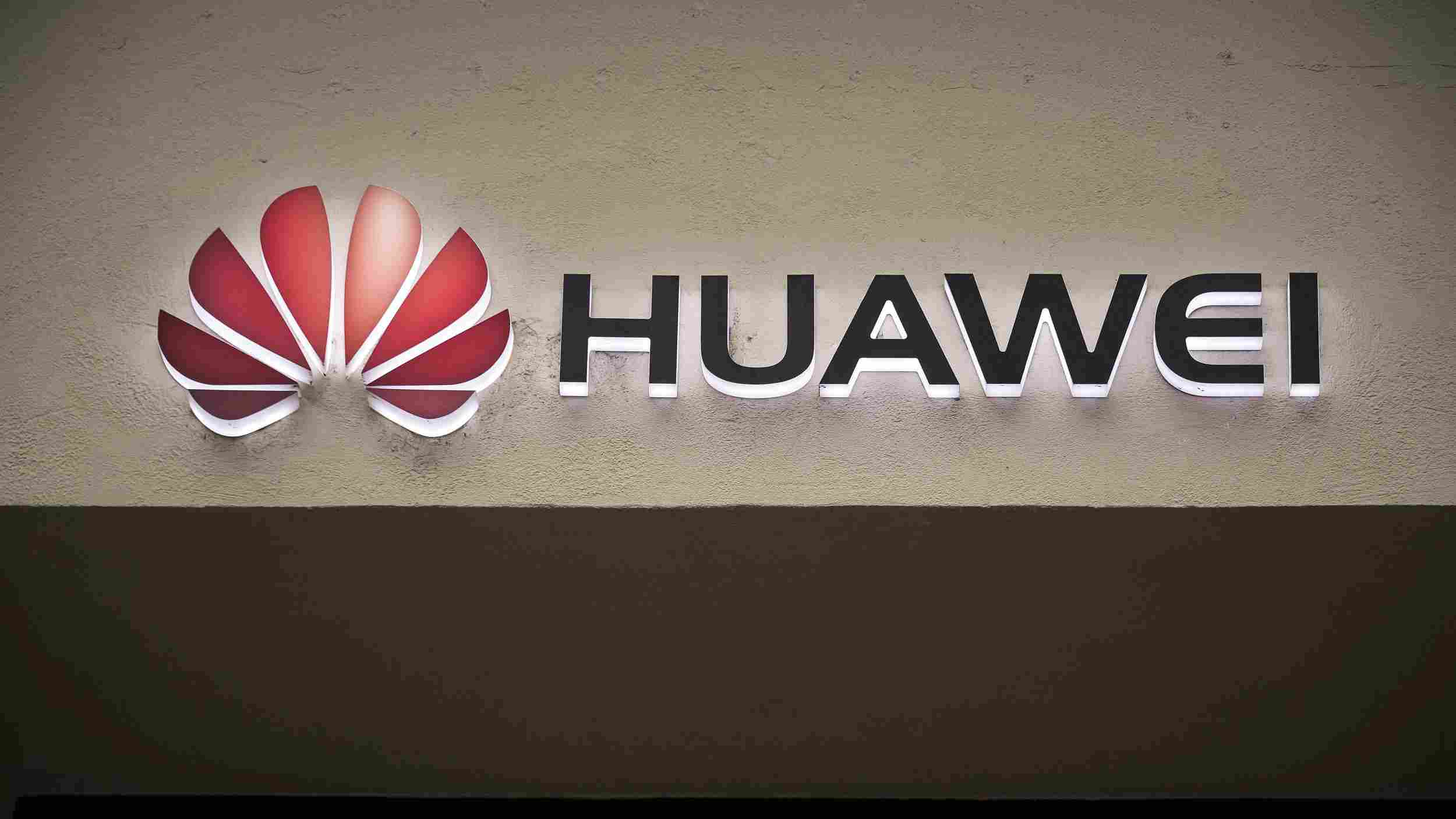
Biz Analysis
23:12, 14-Feb-2019
Huawei phones are still top sellers in Poland
By Aljosa Milenkovic

Poland's capital Warsaw is the host of a controversial U.S. sponsored meeting that allegedly should bring peace to the Middle East. However, the true worth of that conference was even in its infancy stages difficult to quantify, considering the absence of so many key players, from Turkey, Iran, Iraq and Lebanon, in the region, to more global powers like China and Russia. But the Americans pushed full steam ahead with it, bringing to Poland their political heavyweights, led by U.S. Vice President Mike Pence.
After an apparent warm welcome at the joint military base on the outskirts of Warsaw, where the Polish defense minister signed a deal for purchasing over 400-million-U.S.-dollars' worth of American weapons, Pence gave a speech to the soldiers outlining Washington's vision of the world. Judging by his later comments at the joint press conference with Polish President Andrzej Duda, that vision excludes Russia and China having any significant role in the world of tomorrow. The U.S. vice president has openly praised Poland's actions against one of the (now former) Huawei employees.
"United States also welcomes Poland's partnership as we work to protect telecommunication sector from China. The recent action your government has taken against the Huawei executive and a Polish national accused of cooperating with him, demonstrate your government's commitment to ensure our telecommunication sector is not compromised in a way that threatens our national security. We must continue to work together to ensure that all investment review mechanisms protect critical security and economic infrastructure going forward,” Pence said.
Huawei has become a common target of scare tactics from the West. And many, including some of the West's highest ranking government officials, are portraying the company as the “big evil boogeyman” who's spying on them to steal their secrets. The case of Wang Weijing in Poland appears to be an excellent excuse for painting that kind of picture. But analysts are saying that there is something more behind that smokescreen, as we spoke with Sylwia Czubkowska, a journalist from local Gazeta Wyborcza who is extensively covering the entire case.
“The main problem of the whole situation is this new generation of 5G telecommunication infrastructure. This is the main problem for Huawei, for China, for Poland, Europe and (the) United States.”
So it is about the 5G, and who's going to build its infrastructure, hence gaining long-term financial benefits from that developing and implementing that technology. Huawei is among the world's leading developers of the groundbreaking 5G mobile networks technology. The company as an industry leader might be the reason for this witch hunt. But according to local analysts, the general feeling among the public toward Huawei products hasn't changed. Their phones are still the top sellers here and in spite of the initial apparent cooling of relations after Wang's arrest, Poland and China are trying to maintain positive economic momentum among the two nations. And as Patrycja Pendrakowska, president of the Center for Polish-Asian Studies, said to us:
“I can still see that Chinese government officials are planning visits to Poland, and also planning visits to other countries. That's the very positive point in this whole… let's put it maybe in this way… conflict, in this whole situation.”
In a bid to show that Huawei's communication technology equipment has no so-called “back doors” for spying, the Polish branch of the company is offering local authorities to open a “Cyber Security Center” in the capital, Warsaw. It's a move responding to the arrest of Wang Weijing, one of (now former) Huawei's executives in Poland, but so far there is no official response to Huawei's offer.

SITEMAP
Copyright © 2018 CGTN. Beijing ICP prepared NO.16065310-3
Copyright © 2018 CGTN. Beijing ICP prepared NO.16065310-3